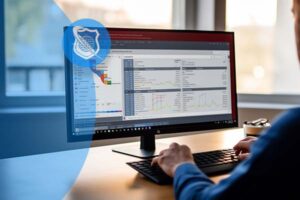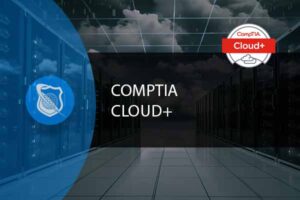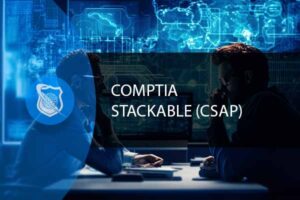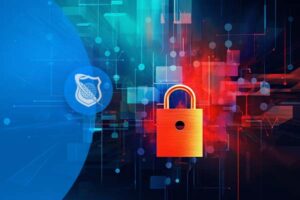Team Training Is A Wise Investment
Boost your competitive edge and enrich your company culture for long-term gains with our corporate IT training solutions. Exposing your team to IT learning opportunities is a proven method to retain, attract and grow your teams.
Extensive Library
Gain unlimited access to over 230 in-depth IT courses online, ranging from CompTIA, Cisco, Cybersecurity, Microsoft, Cloud Computing, Networking, Desktop Support, Project Management and more certification training courses.
Skill Enhancement
Directly address critical IT skills gaps to meet and exceed your business objectives with our targeted training programs. Provide you team with all courses or target specific training courses based on your team’s role in the organization. Ensure your team is exposed to the maximum focused training to ensure they grow their skills.
Quality Instruction
Benefit from enterprise online IT learning courses meticulously designed and instructed by industry-leading IT professionals.
Robust LMS
Utilize our state-of-the-art Learning Management System (LMS) to easily monitor and manage your team’s IT training progress in real-time. Our LMS is comprehensive and intuitively designed to provide your team with an exceptional IT learning experience.
Proven Success
Join our 650K-strong community of satisfied students and witness measurable improvements in IT skills and performance.












